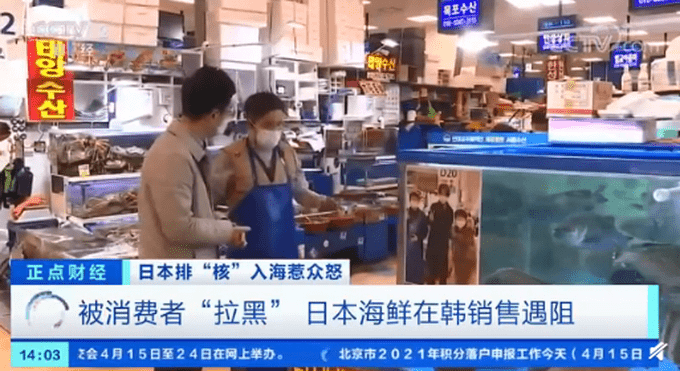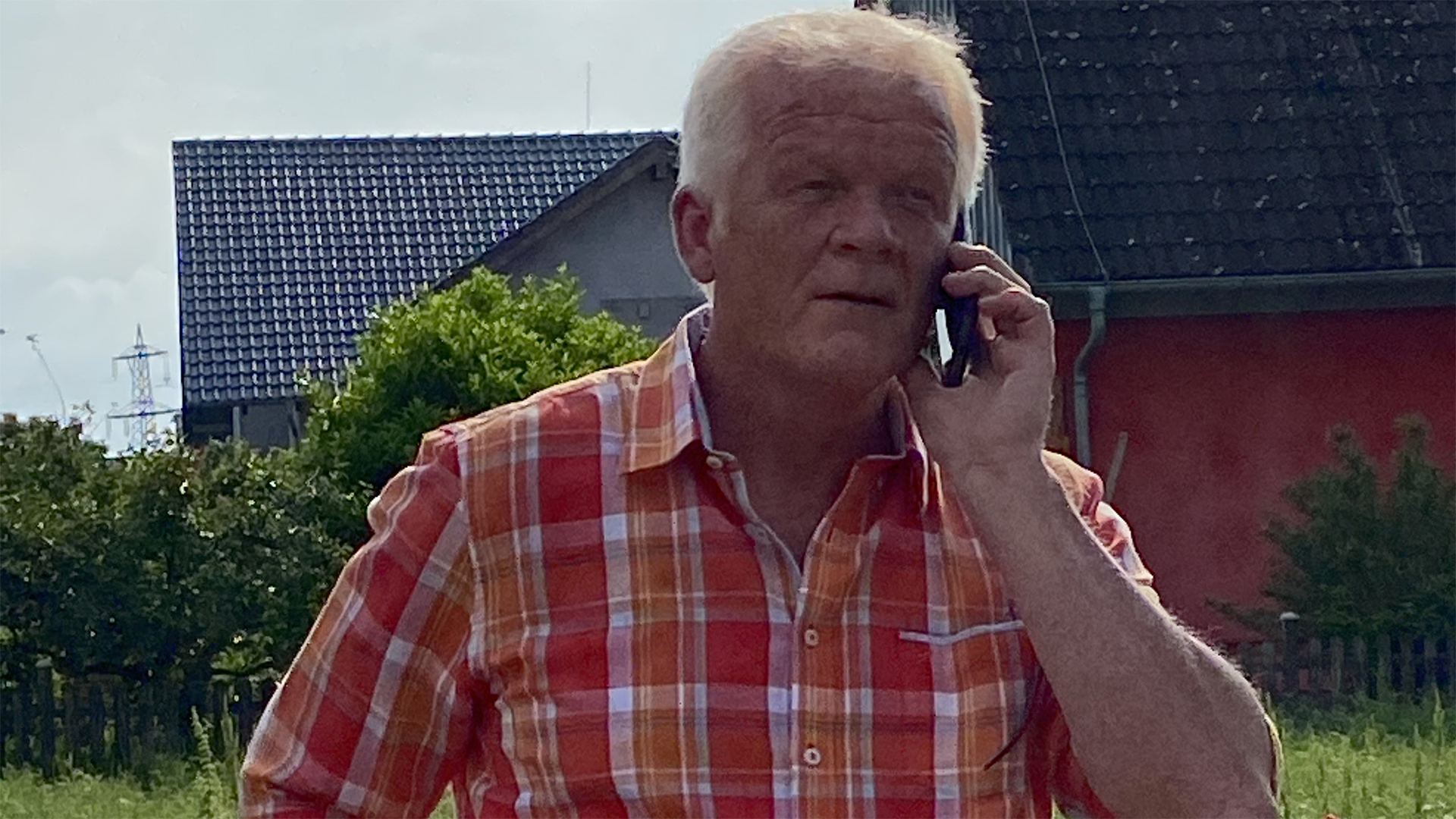After Japan officially announced that nuclear waste water would be discharged into the sea from 2023, South Korean people’s rejection of Japanese seafood products immediately rose, and South Korean merchants selling aquatic products could not hide their anger. Some old merchants who have been in the business for many years said that whenever there are news reports related to Japanese nuclear wastewater, many customers will immediately refuse to buy Japanese aquatic products, and this time is no exception. Retailers such as large supermarkets and department stores in South Korea stated that they no longer sell Japanese seafood products since 2011 and have no plans to change in the future. Nevertheless, to ensure that customers are aware of this situation, some supermarkets have posted notices stating that there are no Japanese seafood in the supermarkets and that all aquatic products are produced in Korea or imported from countries other than Japan. In addition, 25 aquaculture groups in South Korea issued a joint statement on the 14th, condemning Japan’s decision to discharge nuclear waste water into the sea, saying that this is an irresponsible act that threatens South Korea and the world’s aquaculture industry.

On the 15th, according to Xinhua News Agency
Moon Jae-in wants to sue Japanese nuclear sewage into the sea
The remarks made by the Japanese ambassador face to face are “very rare”
South Korean President Moon Jae-in expressed serious concern to the Japanese ambassador to South Korea on Japan’s decision to discharge nuclear waste water from the Fukushima nuclear power plant into the sea on the 14th, and at the same time asked officials to study the issue of “pollution discharge” and submit it to the International Court of Justice.
South Korean Presidential Office spokesman Kang Min-suk said that Moon Jae-in accepted the letter of credential submitted by the new Japanese ambassador to South Korea, Sangsei Koichi, and then told the other party in the conversation that as a country adjacent to Japan, South Korea has decided to make Fukushima No. 1 on the Japanese side. Discharge of nuclear wastewater from nuclear power plants into the sea is “serious concern.” Moon Jae-in asked Xiang Xing Xiao to convey the attitude of the Korean side to the Japanese government.
Kang Min Suk said that the South Korean president made such remarks on this occasion “extremely rare.”
On April 14, South Korean people gathered outside the Japanese Embassy in Seoul to protest against the Japanese government’s discharge of Fukushima nuclear waste water into the sea.Xinhua News Agency
In addition, Kang Minshuo said that Moon Jae-in asked government departments to “actively study” the issue of Japan’s “pollution discharge” to the International Tribunal for the Law of the Sea at the internal meeting of the Presidential Palace on the same day.
Yonhap News Agency reported that South Korea’s Ministry of Foreign Affairs said on the same day that it is considering taking legal actions against Japan’s practices at the international level and will cooperate with the International Atomic Energy Agency and related countries to ensure that Japan’s emissions are subject to “acceptable, scientific and objective” verification.
The Japanese government officially decided on the 13th to discharge one million tons of nuclear waste water from the Fukushima Daiichi Nuclear Power Plant into the sea, triggering a strong reaction from the South Korean government. The South Korean side believes that the Japanese side made this decision unilaterally without fully consulting and seeking understanding with neighboring South Korea. This behavior poses a threat to the marine environmental security of neighboring countries. The South Korean Ministry of Foreign Affairs summoned Xiangxing Xiaoyi on the same day and lodged a solemn protest.
The head of South Korea’s State Affairs Office, Goo Yun-cheol, said in a TV program on the 14th that Japan had chosen the “easiest” approach.
On the 14th, the ruling and opposition parties in South Korea continued to express their strong opposition and condemnation on Japan’s “pollution” decision. Yonhap News Agency reported that the ruling party’s Common Democratic Party convened a meeting to “condemn the Japanese government for not transparently disclosing information or making decisions after verification procedures.”
Some Democratic Party members are dissatisfied with the US government’s response to Japan’s “pollution”. The US State Department issued a statement stating that the Japanese decision was “transparent” and that this approach “appears to comply with globally recognized nuclear safety standards.” Senator Shen Donggen wrote on social media that, as a traditional ally of South Korea, the United States “supports and favors” Japan, which is “very disappointing.” “I doubt if Canada or Mexico decides to discharge nuclear contaminated water from nuclear power plants, will the United States also issue a similar statement of support.”
South Korea’s Ministry of Foreign Affairs said on the same day that the South Korean side had passed through the U.S. Embassy in South Korea and the South Korean Embassy in the United States to express South Korea’s concerns to the U.S. regarding Japan’s decision.
(Original title: Korean people black out Japanese seafood) Source: Beiwan New Vision Comprehensive CCTV Finance Xinhua News Agency Process Editor: TF019





























































You must log in to post a comment.